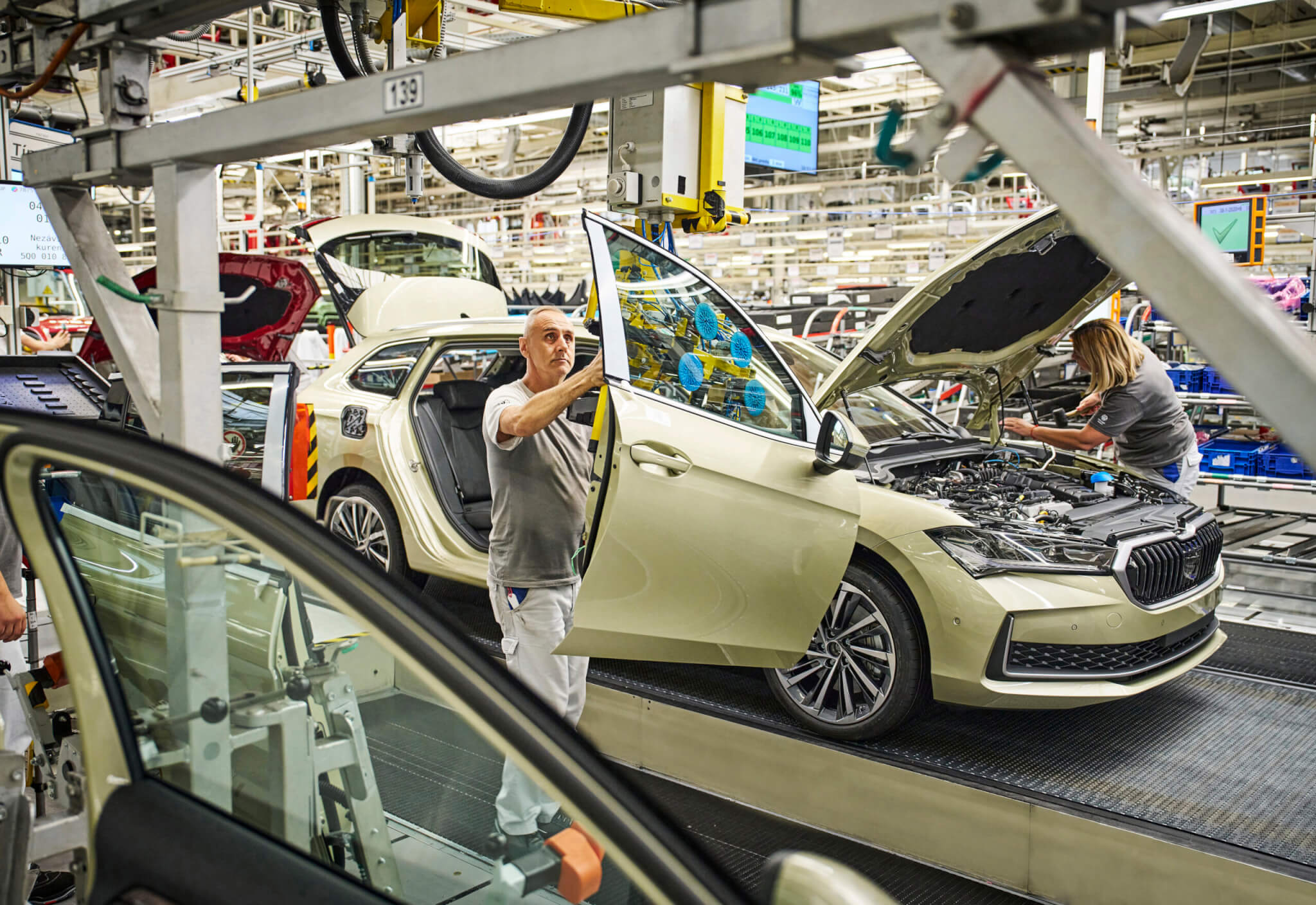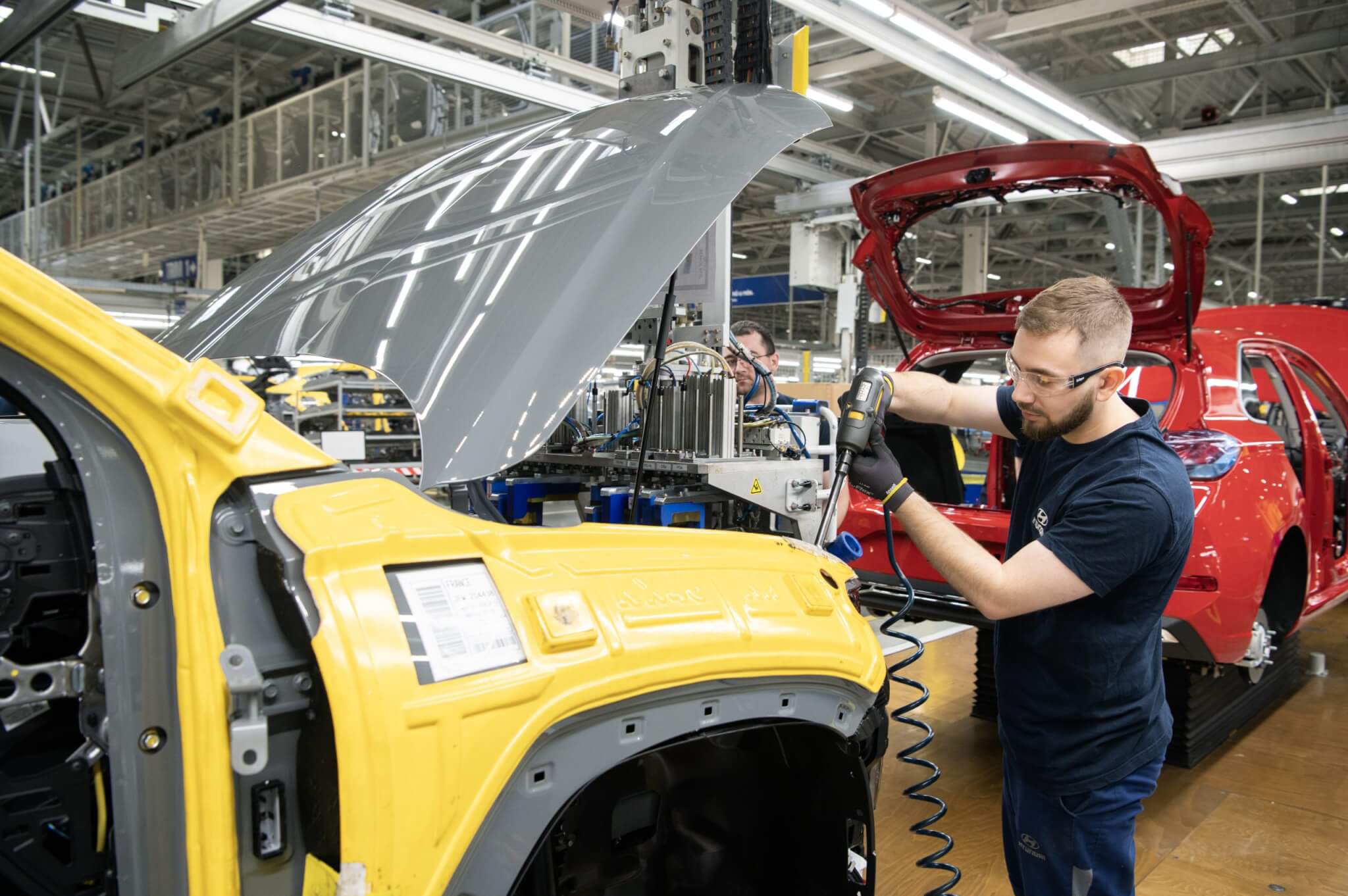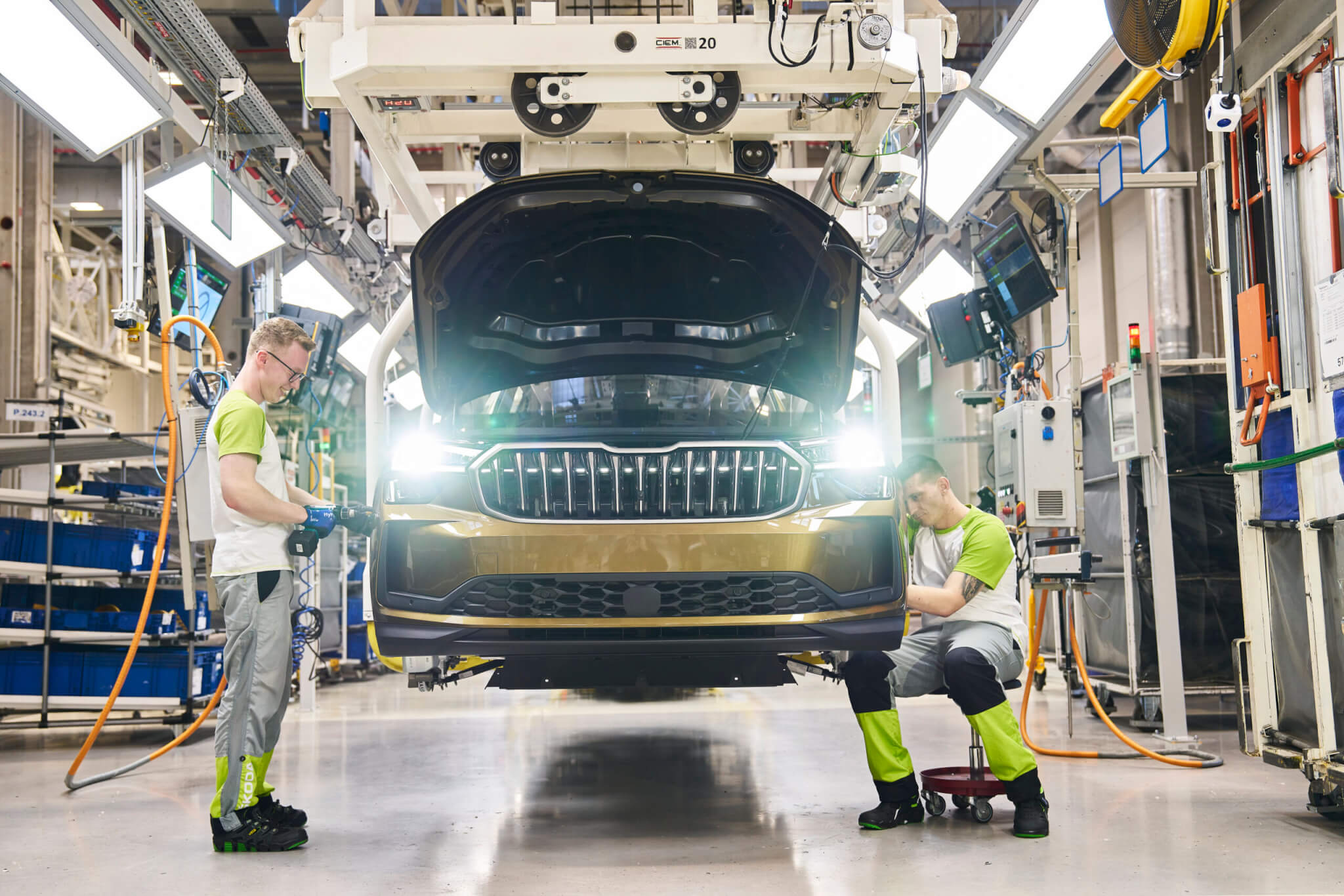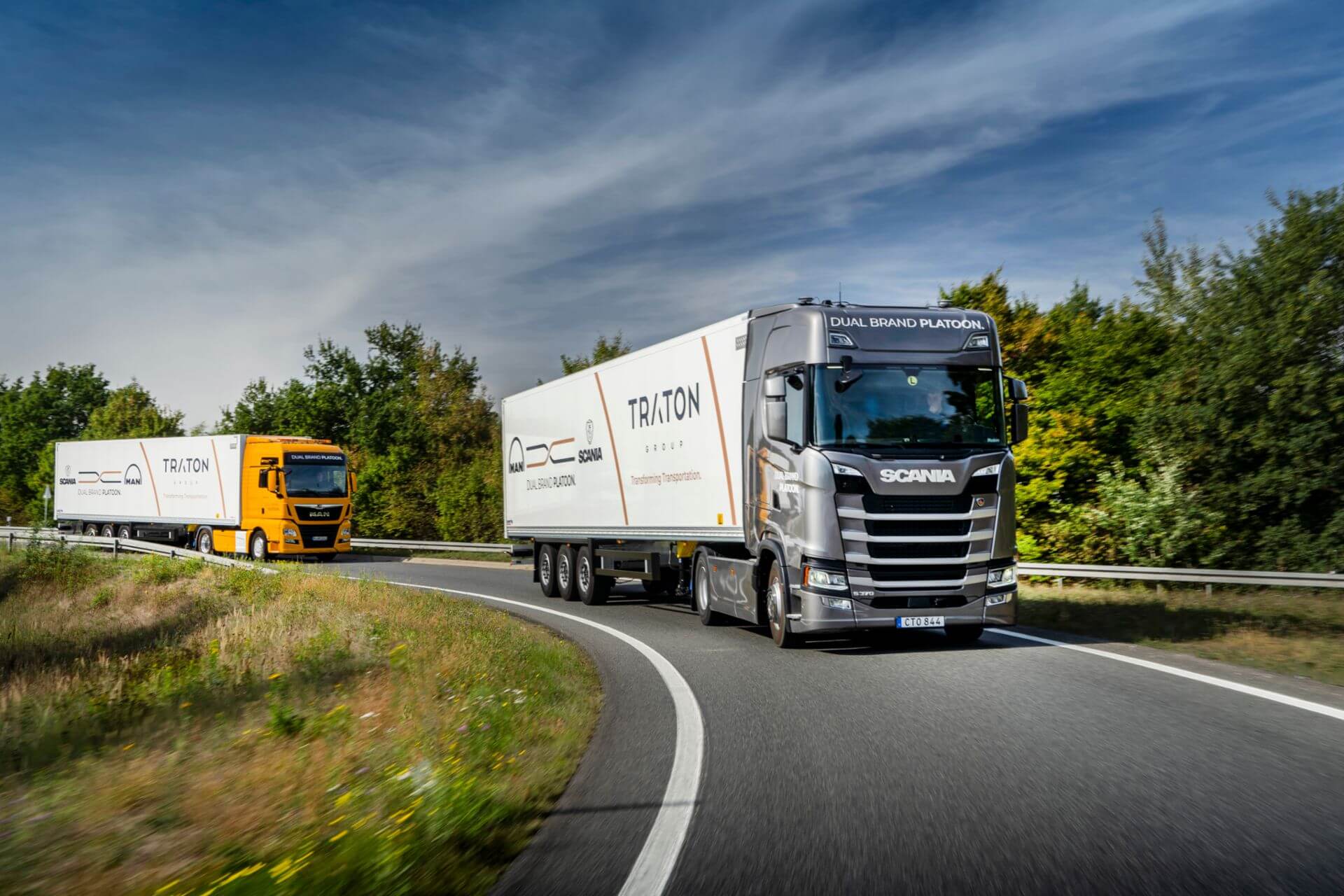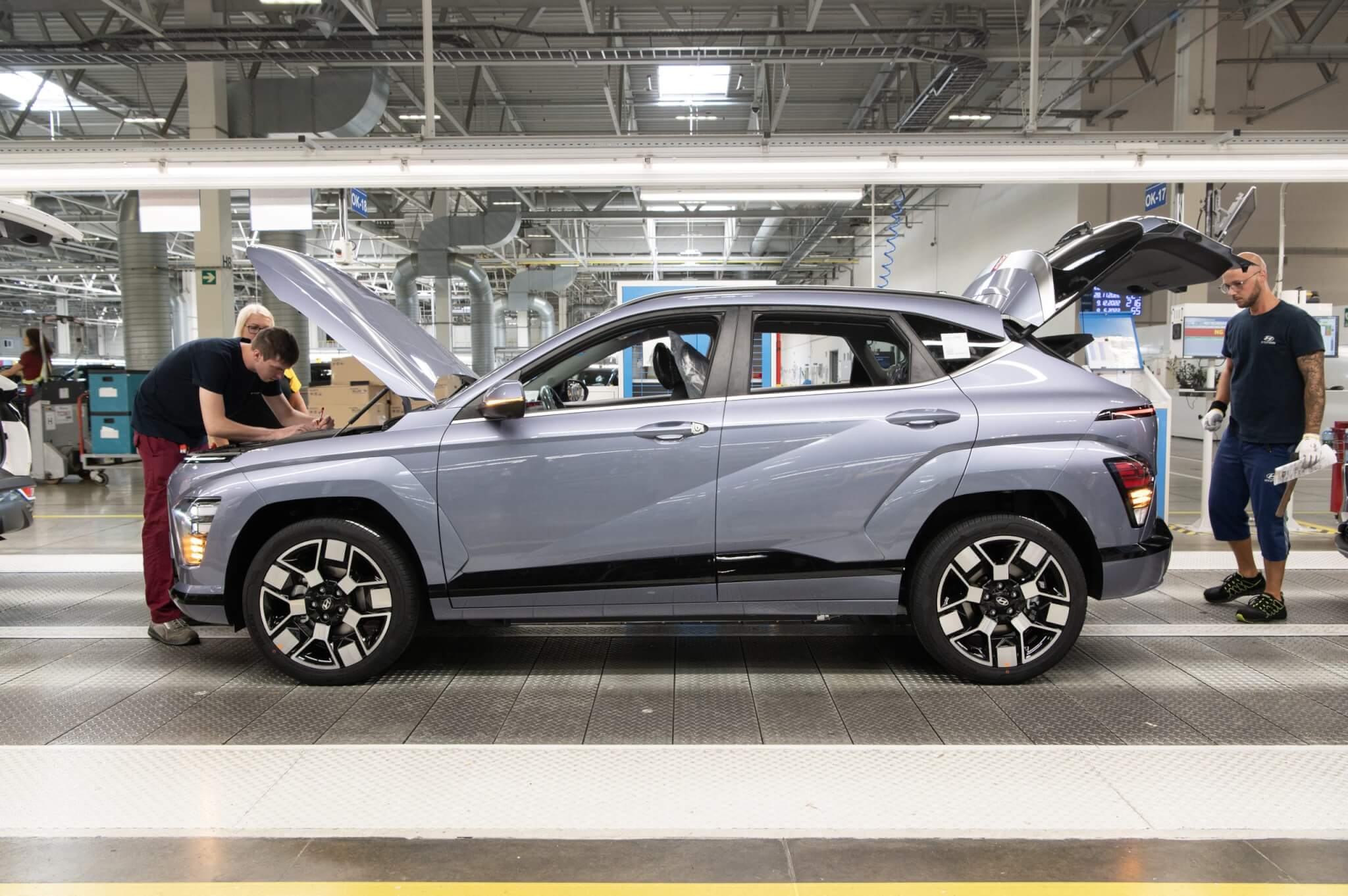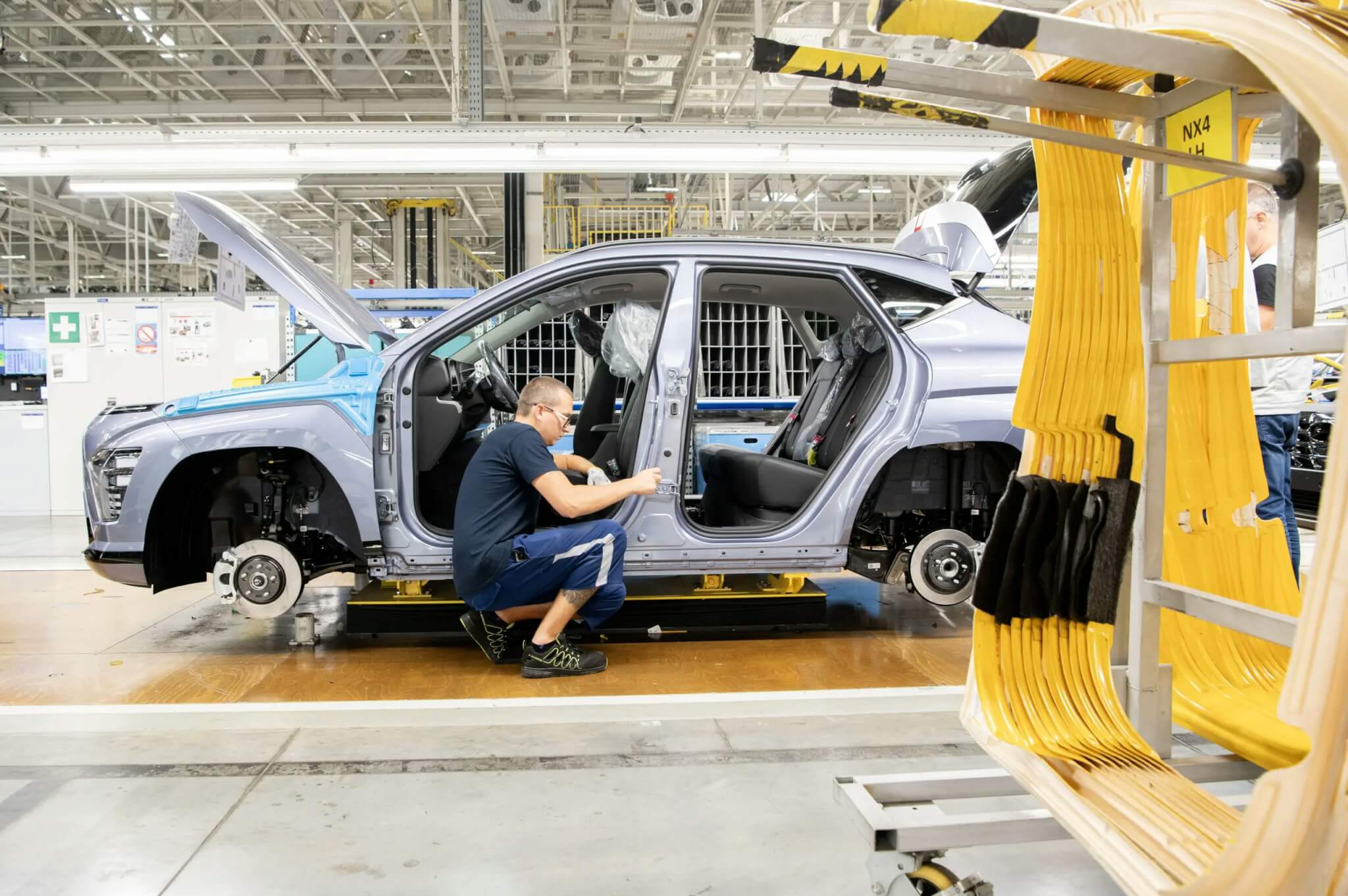We welcome the European Commission’s proposal for new licensing rules for so-called “standard-essential patents” (SEPs), the use of which is necessary to comply with technical standards. These cannot be substituted by another technology (they are not “classical” patents) and thus often represent a barrier to market entry for participants, both in terms of the standardised technology itself, but also for downstream products and technologies. With increasing technological developments, digitisation and the Internet of Things (“IoT”), standards and SEPs are becoming increasingly important in a myriad of products and sectors. The automotive industry is no exception, as it is the EU’s largest private contributor and investor in R&D in Europe. A significant part of the total €59 billion per year is invested in the latest technologies that increase vehicle automation and thus safety. However, the controversial SEP rules are instead diverting funds away from these important investments, which is having a negative impact on innovation in a number of sectors.

“We welcome and believe that the proposal of new rules for licensing so-called “standard-essential patents” (SEPs) will solve the current problems with today’s licensing system and will bring a number of benefits and strengthen innovation and competitiveness of the Czech automotive industry, which today accounts for 10% of the total GDP of the Czech Republic and is one of the most important private investors in innovation in the Czech Republic,” says Zdeněk Petzl, Executive Director of the Automotive Industry Association.
The current SEP licensing suffers from a lack of transparency and uncertainty about the so-called “FRAND” (fair, reasonable and non-discriminatory) conditions, which causes considerable problems for business planning and investment. The lack of predictable rules leads to legal uncertainty and hinders innovation. As a result, members of the Automotive Industry Association often have to face injunctions and excessive licensing fees to avoid time-consuming and costly litigation[1] or production stoppages or, in the worst case, product recalls[2].
In addition, the lack of transparency from SEP owners makes it difficult to know if you, as a performing entity, are in violation of SEP licensing rules[3]. In extreme cases, SEP owners demand to negotiate licensing terms without providing any information about standard patents. In addition, licence applications are often rejected on unclear grounds. Moreover, only a fraction of the patents claimed to be standard-essential turn out to be actually necessary. The Commission’s expert group on SEPs refers to estimates from various sources that only 25-40% of all SEPs may be justified[4].
Unlike in the US, UK or China, EU member state courts have generally refrained from setting FRAND conditions (and rates). Therefore, SEPs cannot turn to an impartial and independent party to determine FRAND terms. This is particularly the case for SEPs in the wireless communications sector, where the automotive industry has had to accept offers of licences from SEP holders made in the context of ongoing injunction proceedings or under the imminent threat of such proceedings. By way of illustration, in the automotive industry, an injunction with a production stoppage can lead to double-digit losses in the millions of euros per week. In the case of an appeal procedure with a likely duration of 18 months, this could lead to potential losses of several billion euros, on top of court and legal fees likely to exceed several million euros. As a result, the mere threat of an injunction is often sufficient for SEP owners to achieve their objectives. SEP owners can use this leverage to their advantage to negotiate higher, inflated royalties. As the EU has long lagged behind countries in Asia and the US in SEP innovation[5], the legislative proposal seeks to prevent the unwarranted flow of excessive royalties to SEP owners, who are increasingly located overseas, at the expense of implementers in Europe.
With the ever-increasing number of network products in all areas, there will be more licensing requirements and potential litigation, especially for 3G, 4G and 5G mobile communications standards, which are subject to litigation much more frequently than others. At the heart of disputes between patent owners and users is often the level of licensing rates and the refusal of owners to grant licences on a non-discriminatory basis to all participants in the value chain. Some SEP owners, especially non-European ones, license SEPs only selectively and on unfair terms.
We believe that a revised and streamlined proposal will bring significant benefits to the European industry. New EU rules on SEP licensing can boost innovation and competitiveness of our industry by removing barriers to SEP licensing and bringing much needed transparency to the whole process. This will allow us to make better use of standardised technologies and to invest in research and development of new innovations. With this proposal, we will be able to better plan our business and invest in key areas such as vehicle connectivity and automation. The main recommendations of the Automotive Industry Association are contained in the attached position paper, also available on the website www.autosap.cz.
[1] If we look at the patent filings for 5G technology, a technology that will be the standard for virtually all connected products in the coming years, we see that the list of top patent filing holders is dominated by countries in Asia and the US (Iplytics Platform: Who leads the 5G patent race, November 2021).
[2] The EC study also shows that not only implementers but also SEP holders complain about long and costly negotiations. This is why we support the creation of a so-called “Competence Centre” (EUIPO), which can play the role of mediator between two entities in some cases, while having the power to independently determine FRAND terms, aggregate royalties (at least an expert estimate) and the necessity/”essentiality” of SEPs.
[3] Court puts sales ban on Ford’s internet-linked cars in Germany in patent dispute, Reuters 20.05.2022
[4] It is this problem that should be partly solved by (de facto mandatory) registration of SEP owners in a single system under the supervisory body EUIPO (European Union Intellectual Property Office), which should be given enhanced powers to, among other things, oversee the setting of FRAND conditions for a given license.
[5] Group of Experts on Licensing and Valuation of Standard Essential Patents ‘SEPs Expert Group’ (E03600)
Contact



